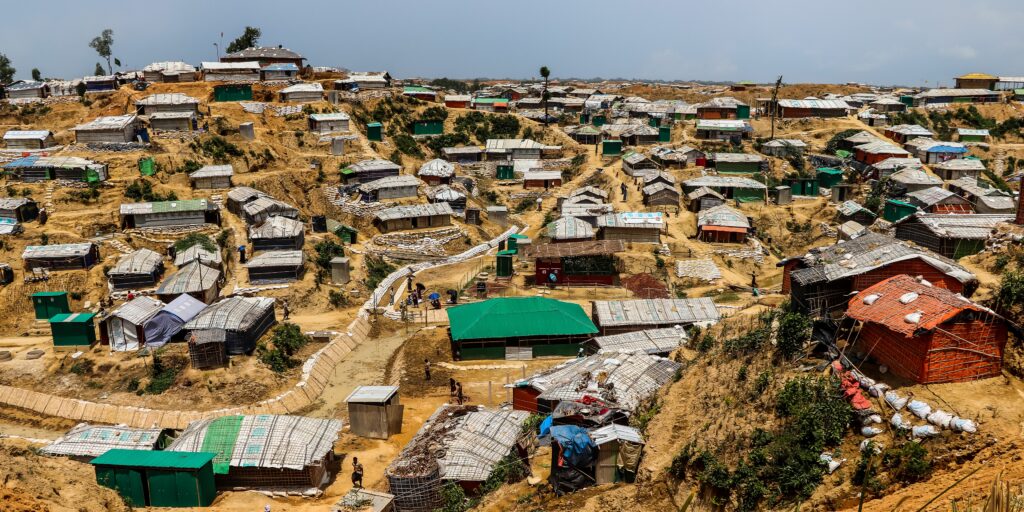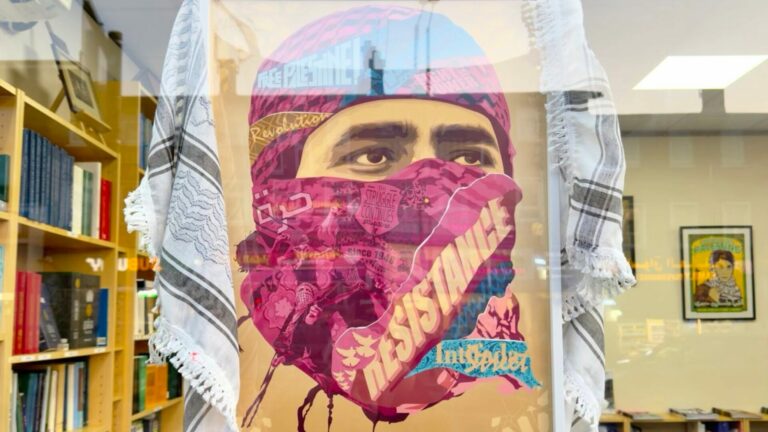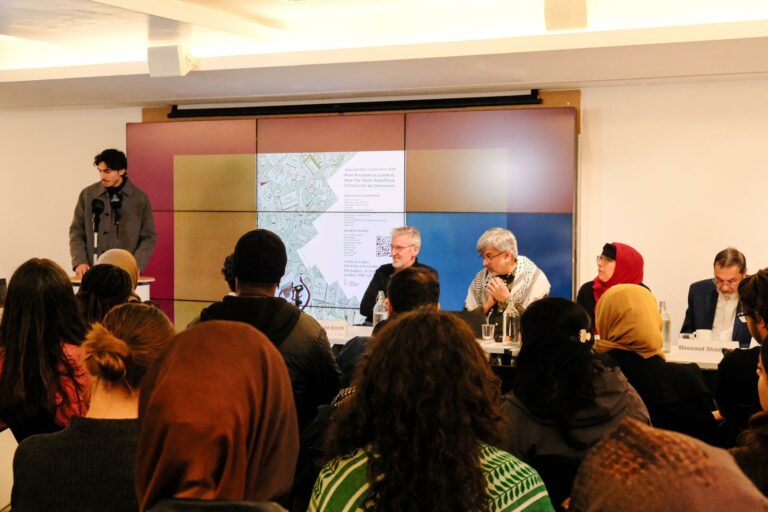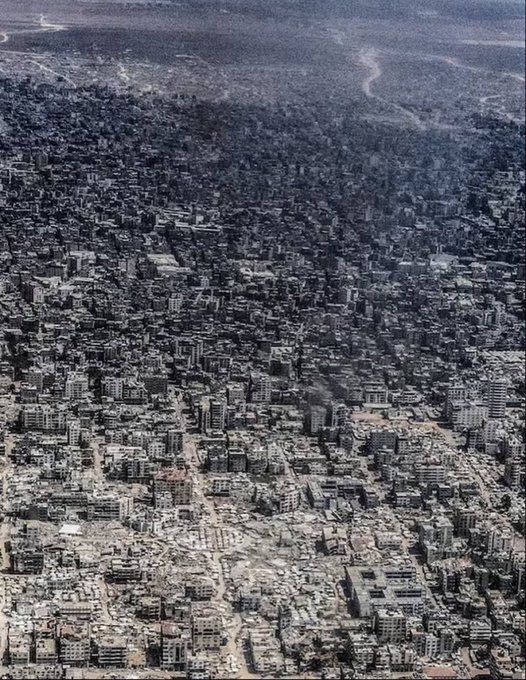Contents
Background
6 years ago today, August 25th 2017, the Myanmar military launched its largest campaign of atrocities against the Rohingya to date, turning what had been an already oppressive situation for the mainly Muslim minority in Arakan, into a genocide. Whilst the killing of men, women and children forced over a million refugees to flee to various countries including India, Malaysia and Bangladesh, the conditions and treatment of these refugees have been horrendous. Cox’s Bazaar in Bangladesh, holds the World’s biggest refugee camp with at least 730,000 people living without proper education, healthcare (around 400,000 are suffering from a recent scabies outbreak), having walls around them, extreme police brutality, human trafficking, the banning of vehicles being allowed into the camps and media demonisation. Reports say that they are not allowed to leave to get jobs and businesses they attempt to setup within the camp are shut down. Bangladesh has also moved around 30,000 refugees to Char Bhasan island, where they have been abandoned and left isolated.
In India the BJP has been moving them around constantly, also demonising them as part of their larger demonisation campaign of Muslims, and removing them particularly from Kashmir as part of their attempts to destroy the Muslim majority in the occupied territory. Malaysia has often refused to let boats land, causing refugees to have perished at sea.
Meanwhile whilst efforts are being made to repatriate the refugees to Arakan, it is clear that they will not be safe and that the genocide is still ongoing. 600,000 are still in Arakan living in effectively large open air prison camps, with aid being blocked, even after Cyclone Mocha hit Arakan and has devastated the people there, causing a huge rise in both malaria and dengue fever.
The Rohingya had been treated like second class citizens in Myanmar since the 1982 Citizenship act of Burma was introduced denying them citizenship. This despite them being native to Arakan, a former Muslim Sultanate and now state within Myanmar known officially today as Rakhine State. This was coupled with a rewriting of history which claimed the Rohingya were Bengalis who came to Arakan during the British Empire, which has been promoted by successive governments in Myanmar in order to unite the different ethnicities within Myanmar under a Buddhist identity, which the majority-Muslim Rohingya did not fit into. Aung San Suu Kyi, dubbed a “heroine of democracy” in the West, also reiterated this belief, denying that they should have citizenship, the vote or be identified as being from Myanmar.
Unfortunately, although the United Nations has since referred to the Rohingya as the most persecuted minority in the World, the Security Council has been mostly inactive on this situation. Whilst Gambia, a tiny country of around 11.3km2 and less than 3 million people, has taken Myanmar to the International Court of Justice (ICJ), the response from most of the Muslim World has been very quiet. The World Food Program recently cut the amount of aid from $12 per person to $8, making it even harder for the people to survive. The West seems more concerned with the military takeover of the country, ignoring the Rohingya crisis, as the government of Aung San Suu Kyi, an ally of the West and shared power with the military until 2021, was also supporting the genocide, whilst she herself was attempting to cover it up at the ICJ. This may be changing now that they are in exile and looking for allies, as their humanitarian minister in exile; Dr. Win Myat Aye has apologised and said he plans “to bring justice to the Rohingya in northern Rakhine State,”. It still remains to see whether this half-hearted apology will lead to anything more than an attempt to cover up their own hypocrisy in complaining about the injustice done to them in their ousting.
Take Action
- Write to Muslim majority countries in ASEAN to pressure both the military and exiled governments of Myanmar using our template letter, which you can find here
- Donate towards providing food packs to the Rohingya at this link through IHRC Trust
- Share this alert and encourage others to take part
- Please share verified stories and information. We need to not let this issue be forgotten.
- Keep visiting our Rohingya Campaign page to see any updates and new actions on this case
- Read this photo diary of one of our field work trips.
- Read full report from our field work in 2017 in Bangladesh
- Subscribe for IHRC’s Rohingya Mailing list here
- Watch some of IHRC’s events relating to the Rohingya below.
[page updated 27 August 2023]






